It had been three nights since I’d slept. I don’t mean I’d slept poorly, woken up a few times in the night or had trouble falling asleep. When I say it had been three nights since I’d slept, I mean, it had been three nights since I had slept at all — not for an hour or even a minute.
I already knew from experience, as someone who has struggled with sleep for almost my entire life, what would happen next. After days with no rest, you’d think sleep would come easily. You think I’d be so tired that I could lay down and take a nap as soon as my head hit the pillow. Instead, the opposite occurs. My brain kicks into overdrive; my anxiety soars. I start to feel a trembling feeling all over my body, almost like a full-body high, but an enormously uncomfortable one. Sleep becomes impossible and I dread the nighttime, but I also dread staying awake all day, struggling to take care of my children in my worn-down state.
My issue with insomnia isn’t new — it’s practically as old as I am. But now that I’m a mother of two, it affects my life in more intensely difficult ways. I know I’m not alone. According to the Royal College of Psychiatrists, about 68 percent of women and 57 percent of men with a mental illness are parents. That means there are a lot of us coping with invisible illnesses while doing the hard work of being full-time parents, too.
Here is how dealing with a mental health issue affects us in parenthood.
Your Personality Changes
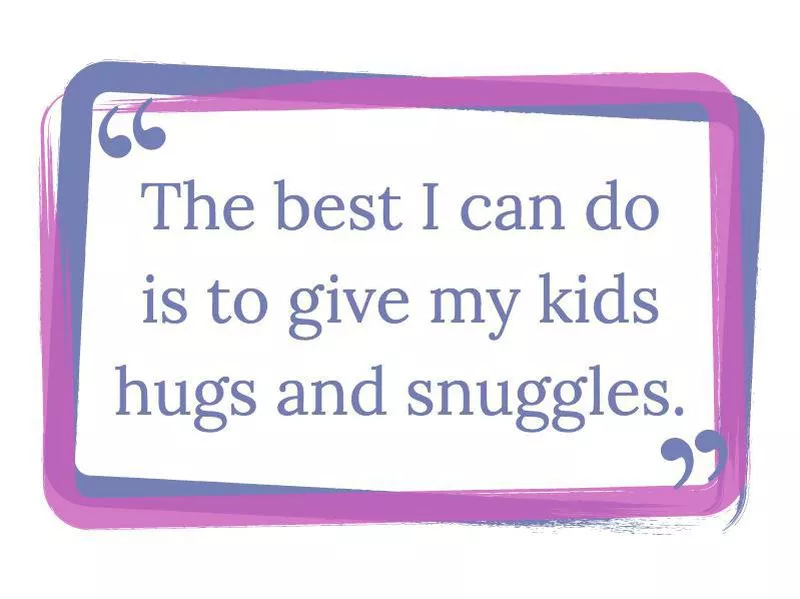
Dealing with a mental health condition, like insomnia, anxiety or depression, undoubtedly makes parenting more difficult. Because anyone struggling with their mental health knows, it changes your personality. When you’re in a state of anxiety, sleeplessness or depression, you become a different version of yourself — a rundown, depleted, on-edge or otherwise deeply struggling version.
After days without sleep, the best I can do is to give my kids hugs and snuggles, tell them I’m sorry that I’m having a rough few days and that I’ll be better soon. But it’s painful knowing that I’m not the mom I’m used to being, or that my kids are used to having.
You Might Have Painful Symptoms
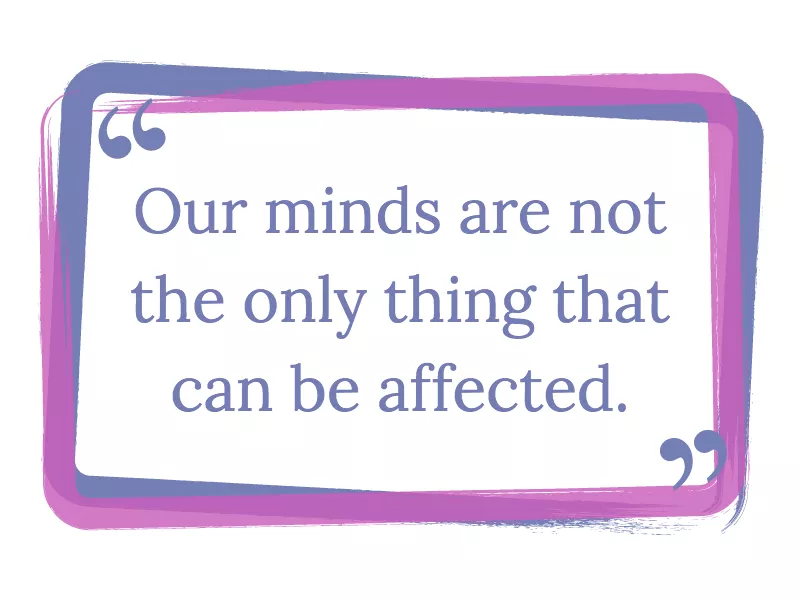
Sometimes, mental health conditions, like depression and anxiety, can impact the way our bodies feel. Whether it’s feeling tired, drained or rundown, or having muscle aches and pains, our minds are not the only thing that can be affected. Feeling both mentally depleted, as well as physically unwell due to our mental health, can make parenting hugely challenging.
Likewise, it’s hard to explain to kids who want to run jump and play that you aren’t physically up for it. Heck, it’s hard to explain how you’re feeling to most adults! But that doesn’t mean the physical repercussions of the illness aren’t very real and challenging, especially when trying to parent at the same time.
It’s Hard to Ask for Help
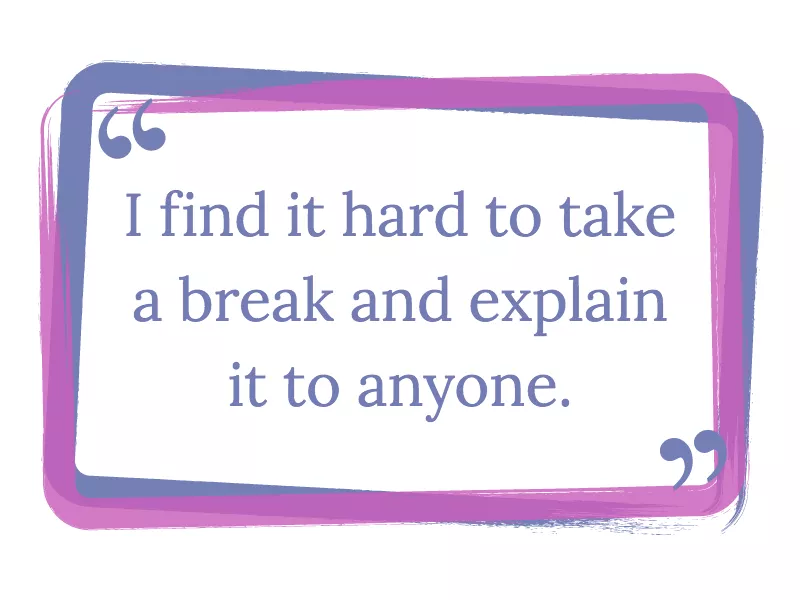
One of the hardest parts of being a parent who struggles with mental health is that it’s difficult to even talk about, let alone receive help. Kat Taylor Rutkin, a mom of two in Somerville, Mass., says, “With my anxiety/depression, I find it hard to take a break and explain it to anyone. If I had a cold or stomach bug and asked someone to watch the kids, it wouldn’t be weird. But there are very few people I can call and say, ‘I’m having crippling panic attacks and don’t think I can leave the couch. Can you take the kids for a bit?’”
Dealing with issues that affect your mind feels different (even if perhaps it shouldn’t). Even though there are so many sufferers, there’s still a stigma attached to most mental health issues. And so we don’t speak about them freely. We do a lot of pretending to be okay when we’re not. And sometimes, that means we have to push ourselves harder than we’d like or than what is even healthy for us.
Even Small Tasks Become Difficult
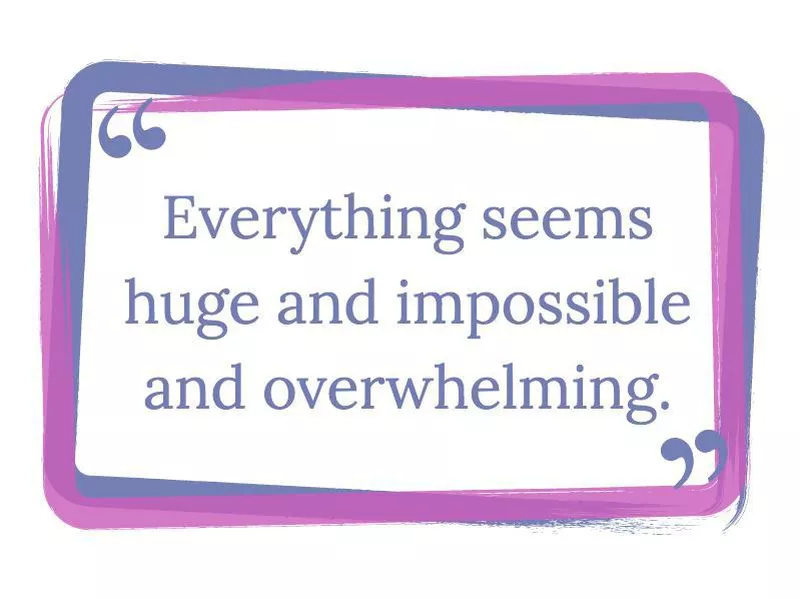
With so much of your energy going to keep your mental health on an even keel, even small tasks like packing lunches, driving the kids anywhere they need to go or keeping the house running, become challenging. You can’t just tune out the world — there is still work that needs to be done even when I’m struggling. But everything seems huge and impossible and overwhelming. A lot falls by the wayside.
You simply can’t stay on top of everything; you have to prioritize. Sometimes, that just means taking care of your kids the best you can and knowing you’ll get to the other tasks when you get to them. Still, when you’re a parent, having to do so much can be draining and even exacerbate your condition.
Guilt Takes Over
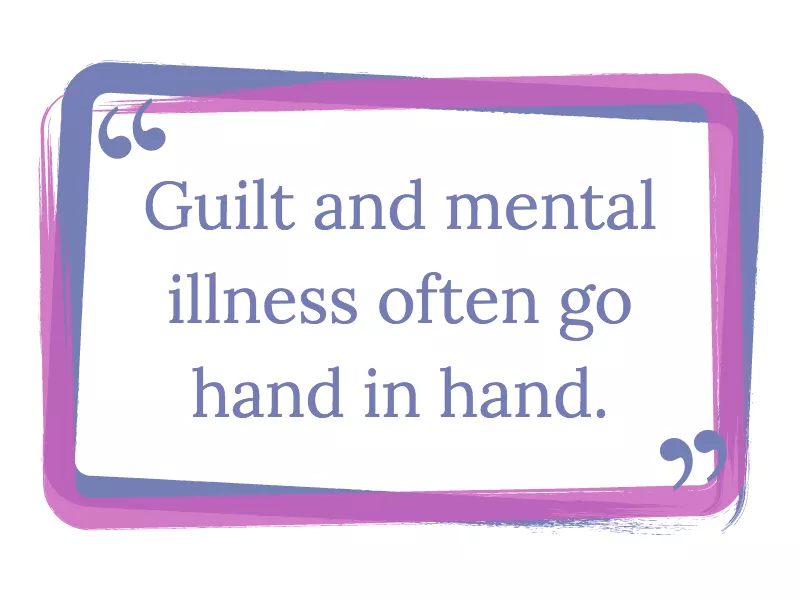
When I’m at my worst, I can’t help but let guilt get the best of me. It might just be the hardest part about parenting with insomnia. The guilt I feel at how it alters the kind of mother I am is immeasurable. The best I can do is try and explain to my kids what’s going on, tell them it won’t last and apologize profusely.
But knowing that they aren’t capable of fully understanding how I’m feeling makes my parental guilt soar, and it makes me feel like my mental state is all my fault, even though rationally, I know that’s not the case. Guilt and mental illness often go hand in hand, but when you’re a parent, that guilt can sometimes feel like the most unmanageable part.
You Don’t Have as Much Time for Self-Care
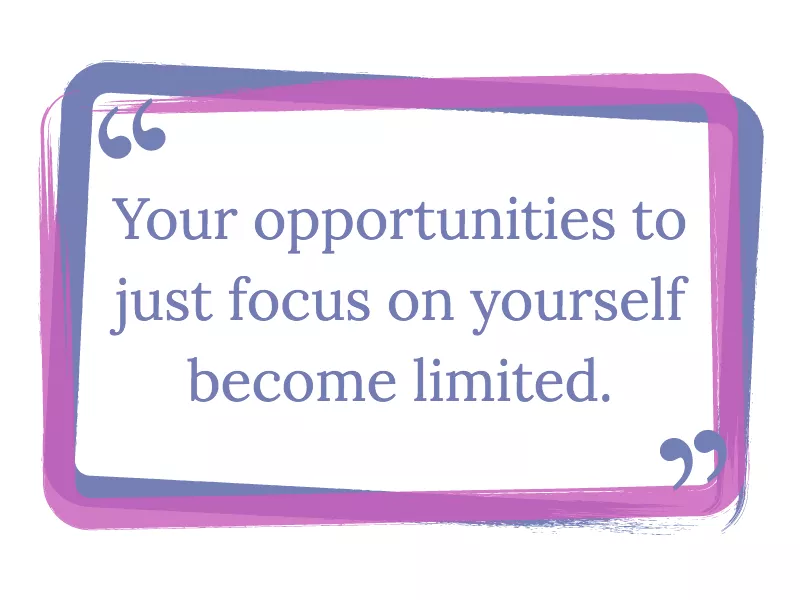
Before you were a parent, if you needed some time to rest, relax or just zone out for an afternoon, you could take it. As a parent, your opportunities to just focus on yourself become limited — severely limited. Your responsibilities are endless, so even taking a nap, practicing some yoga or meditation, or getting to the therapist or the doctor’s office can be challenging, especially with young kids in the house. Planning the time to take care of your mental health becomes essential.
But the truth is, when you’re already struggling, it’s even more difficult to seek help even when you really need it. Staying ahead of the game, having a back-up babysitter, a therapist you know you can easily connect with and a plan for what to do when you’re struggling are some helpful ways to navigate your toughest battles.
You Have to Fake It Until You Make It
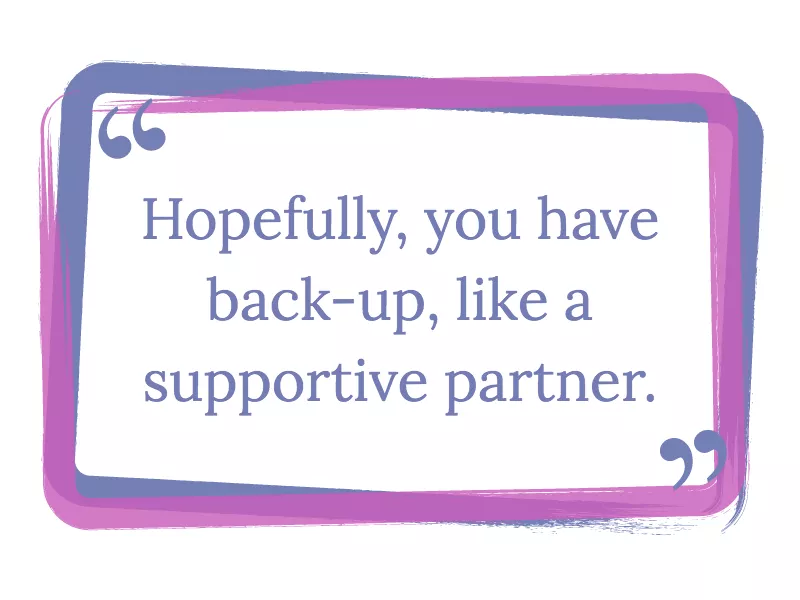
As a parent, you don’t have the luxury of falling apart. No matter how deeply you’re struggling, your kids still need to be taken care of. You need to buy groceries and pick them up from school — all the things that keep the world turning.
Hopefully, you have back-up, like a supportive partner who can step in, or a friend or relative who understands your struggle. But more often than not, you have to fake it until you make it, or at least, until the worst is over.
You Worry About Your Kids Getting the Same Issues
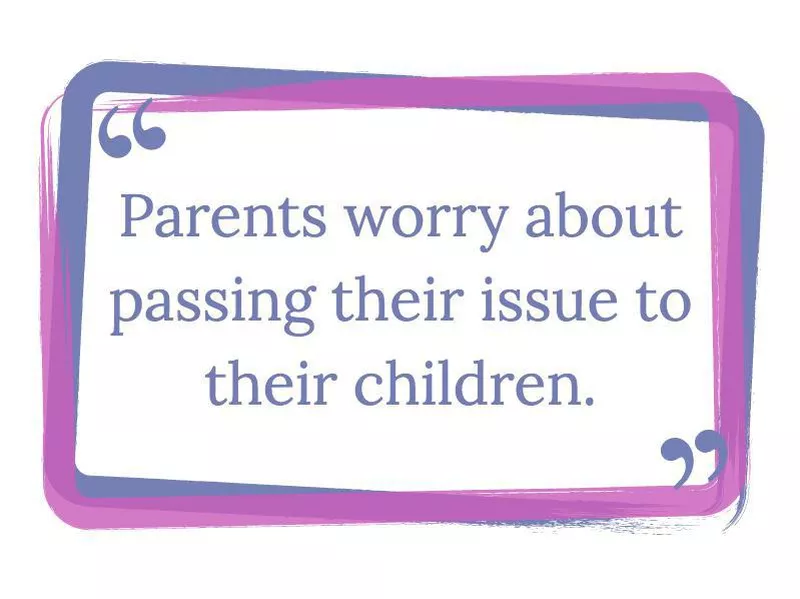
Mental health issues are not contagious, but they can be genetic. So, it’s not uncommon for parents to worry about passing their mental health issue to their children or just worrying that their own actions will disrupt the child’s emotions in other ways. Leigh Shulman, who lives in Argentina, says she worries about how her anxiety issues have impacted her daughter, who is 14 and also struggles with her own anxiety. “My biggest concern is most definitely how it impacts my kids, especially my daughter,” she says. “I worry I’ll hand mine to her, or hold her back from things she wants because of my fears.”
On the plus side, having grown up with a parent who has anxiety and is open about her mental health issue has made Shulman’s daughter understanding of the issue, even “better than most adults,” she says, so perhaps there’s a positive to learning about mental health issues when you’re still young. Shulman adds, “I really hope she finds ways through this, so she’s not my age and still struggling. And who knows? Maybe she is just anxious because that’s also part of her age.”
It Can Be Hard to Stay Positive
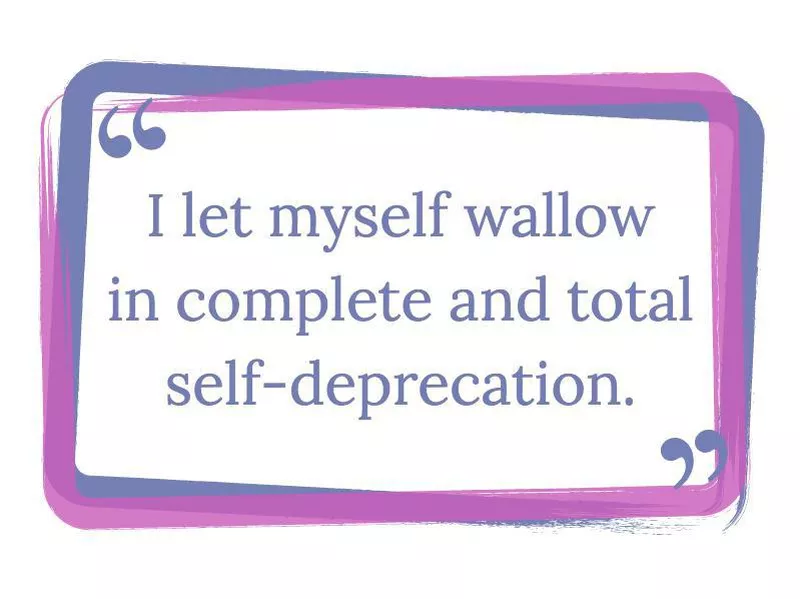
I know first-hand that when I’m at my worst, staying positive feels impossible. I just want to sit and cry, and sometimes I do. Sometimes, I let myself wallow in complete and total self-deprecation because I’m sad, overwhelmed and just plain mad that I have to deal with this issue. In those dark times, it feels like there’s no light at the end of the tunnel.
But if I can look ahead, and not just focus on what’s happening right now, I usually realize that what I’m going through won’t last, and that soon, I’ll start to feel like myself again. Still, staying positive in the thick of it isn’t easy to do, especially without support or the right tools.
It Takes Longer to Get Back on Track
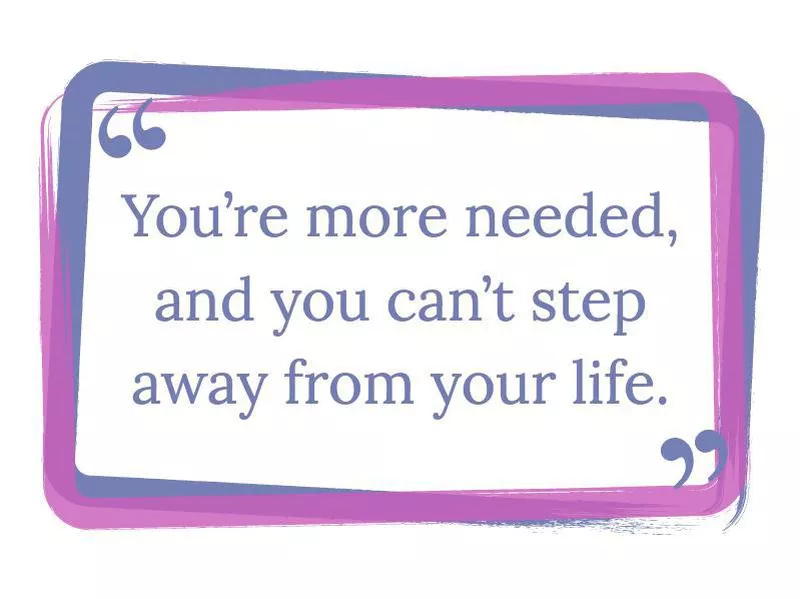
When I’m low on the sleep, I can’t simply take a day to rest. I have to get up at the crack of dawn and keep going until my kids are down for the night. If I had the ability to let my mind rest and maybe catch a nap, I’d be back to myself in no time at all.
But when you’re a parent, you’re pretty accustomed to your needs being put on the backburner — even when those needs are really quite pressing. With less time to dedicate to yourself and more on your plate, getting back on track can take a bit longer when you’re a parent. The fact is, you’re more needed, and you can’t step away from your life completely. Finding your sweet spot is even more important now, but it can also be somewhat harder to do.
You Worry About What Your Kids Are Missing
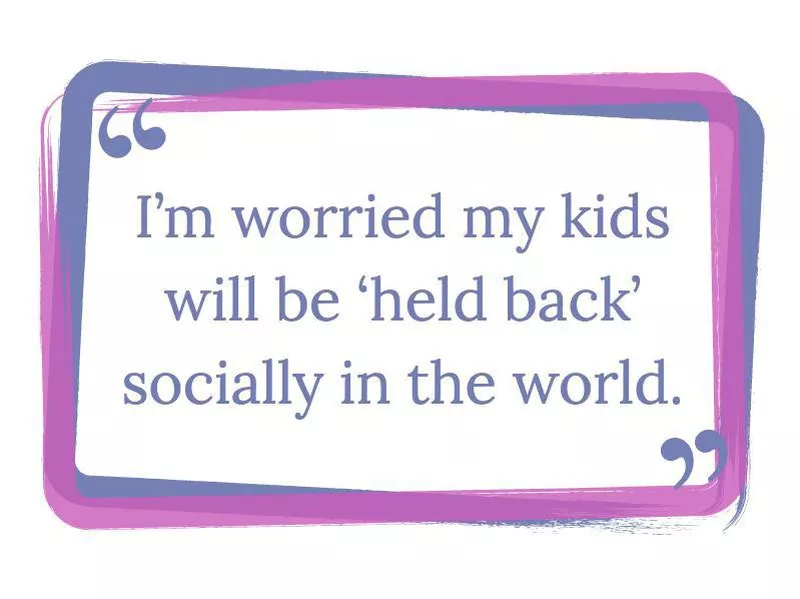
When you have a mental health condition, you can’t always be 100 percent. Sometimes, you need to step back and give yourself room to breathe and respect the way you are feeling. But when you’re a parent, that’s easier said than done. You always end up feeling like your issue is making your kids miss out on things they might really want to do — things other kids are doing, and the disappointment or other social impacts that happen as a result.
Olivia Howell, a mom of two in Long Island, N.Y., says her social anxiety makes it hard to conquer all the events that having young kids brings, and she worries about what that means for them. “I 100 percent have anxiety about social situations and also public spaces. So, I’m for sure worried my kids will be ‘held back’ socially in the world because of my fears.”
Howell takes medication for anxiety, which she says helps to alleviate her fears sometimes, but it’s not a cure-all. Mostly, she relies on a trying to find some balance between listening to her gut and doing her best in those situations that provoke her anxiety, but every day can feel vastly different.
You Feel Isolated
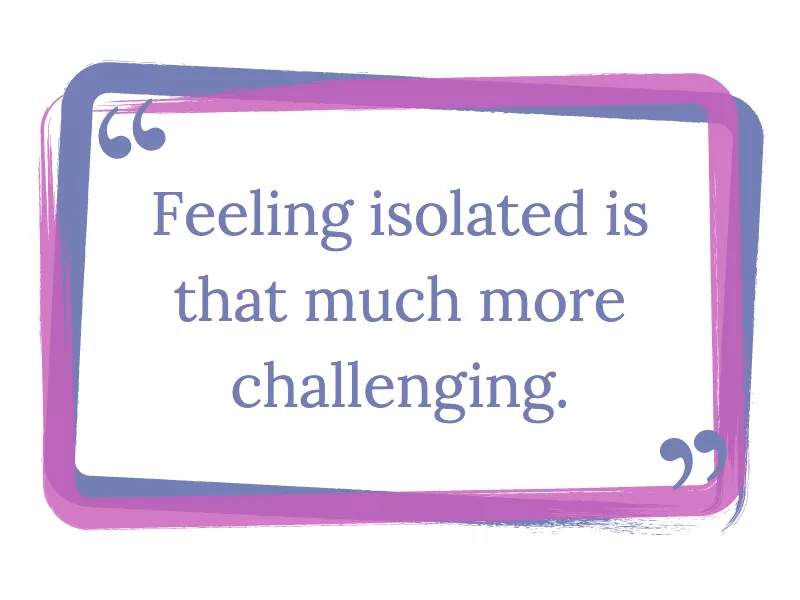
Even parents who aren’t struggling with their mental health can feel isolated. The day-to-day tasks of parenthood sometimes mean you don’t have extra time for socialization or even passing conversation. You’re always in a hurry, whether it’s hustling and bustling to and from work, or scurrying around with the kids.
But when you’re battling your own mental health, feeling isolated is that much more challenging. You don’t often have the time and energy to dedicate to other people. And those who don’t understand what you’re going through might not get why you can’t be present. Being a parent and keeping up with friends and family is hard enough on its own. When you’re struggling with your mental health, it’s always harder.
You Might Cope by Unhealthy Means
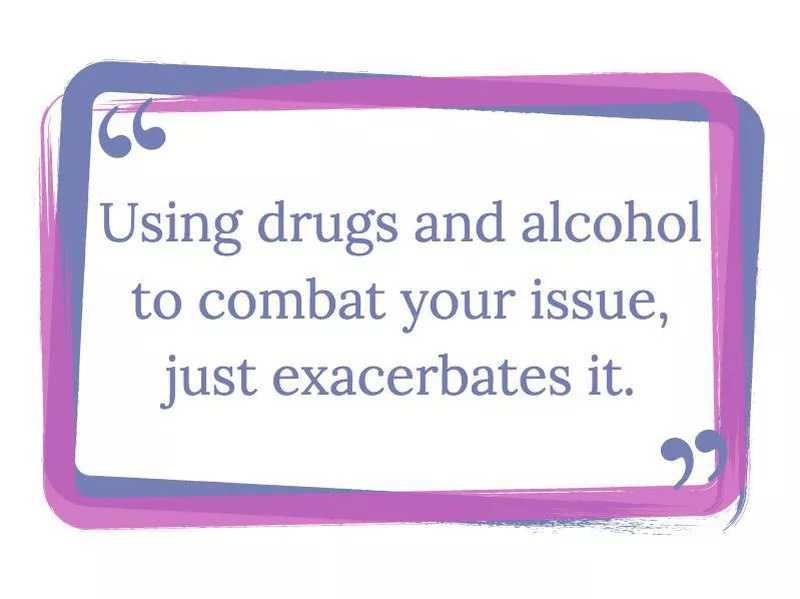
Chemical dependency, like drug and alcohol abuse, is more common in those who struggle with mental health. In fact, according to The National Alliance on Mental Illness, about half of all people struggling with a mental health condition turn to drugs, alcohol or other substances to find relief. That should come as no surprise. When you’re depleted, depressed, anxious or otherwise showing signs of a mental illness, it’s far too easy to get in the habit of unhealthy coping mechanisms.
The best thing to do is to be assessed by a doctor who can prescribe medication, if necessary, or help you find other healthy ways to deal with your mental health condition. Because more often than not, using drugs and alcohol to combat your mental health issue, just exacerbates it.
You Feel Like a Bad Parent
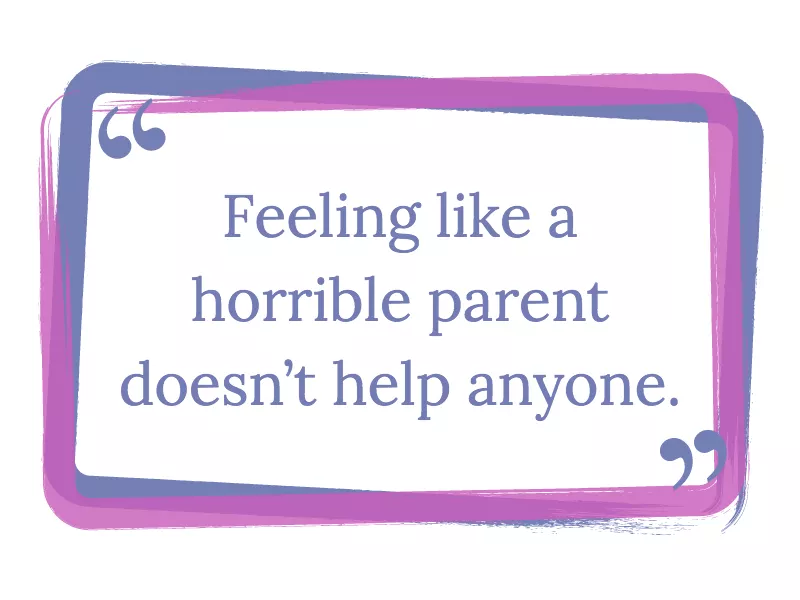
Even though it’s usually only a few days before I start to feel like myself again, whether it’s through medication or therapy or finding other tools that help me eventually get rest and back to myself, I never don’t feel like the worst parent in the world when I’m struggling. Most parents with mental health issues admit to feeling the same. Even though kids are resilient, as parents, we can’t help but wonder if they are being negatively impacted by our own struggle. Mostly, we feel like bad parents because of our mental health issue, and it’s a heavy load to carry.
The most important thing to remember is that, while there are certain tools we can use to get through even our toughest days, our mental health issue is not our fault. The best thing we can do is confront it head on, try to be open, honest, and gentle with ourselves. Because even on our worst days, feeling like a horrible parent doesn’t help anyone. Remember, you are more than your mental health condition — so much more, and at the end of the day, we’re all just doing our best.